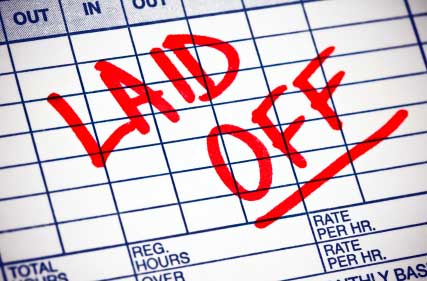When you have life insurance through your employer, it generally comes with the option to convert the policy if you are laid off, terminated or the company closes. You still need to know when to convert your employer-provided group policy because the time to do so will expire after termination date of employment.
Typically, you have 30 days from the date of employment termination to convert an employer-provided group policy into a permanent policy. The special feature of this convertibility is not only the cash value you can build with a permanent life insurance plan. But that you can convert without supplying evidence of insurability to the life insurance company. In other words, you do not need to prove your health or lifestyle status to be accepted for a policy.
However, if you are in good health, are a non-smoker, not overweight and have no detrimental family health history, buying a brand new term life policy would be a less expensive option. Since your converted policy from your work group policy would be a whole life plan, which tend to run more expensive than term life products.
Now what happens to your group life insurance if you die while working at the company?
Death benefits would be passed onto the beneficiaries stated on the policy acceptance forms you filled out. But be careful and ask questions before completing all of the forms.
Just last month, Freedom Communications employees received an e-mail requesting workers consent to take out life insurance policies on them and the Freedom Communications pension plan would be the beneficiary of each policy, not family survivors. After an uncomfortable debate, Freedom Communications modified their plan.
It is not uncommon for businesses, even small ones, to take out policies on their highest earners because losing them could mean some serious complications for the business.
Life insurance policies are ways to fund health and pensions plans and offer benefits to employees, but sometimes companies do not promise to use the benefits for the right reason. In order to protect yourself, adhere to the following advice:
- Make sure a beneficiary is designated as well as a second one, in case something happens. However, failure to name a beneficiary does not automatically mean that proceeds will be made to your estate.
- Read and fully understand any beneficiary provisions in your policy.
- Many employers have additional insurance protection through accidental death if your death occurred because of an accident.
Want to learn more about life insurance? Read our article The Most Frequently Asked Life Insurance Questions.


